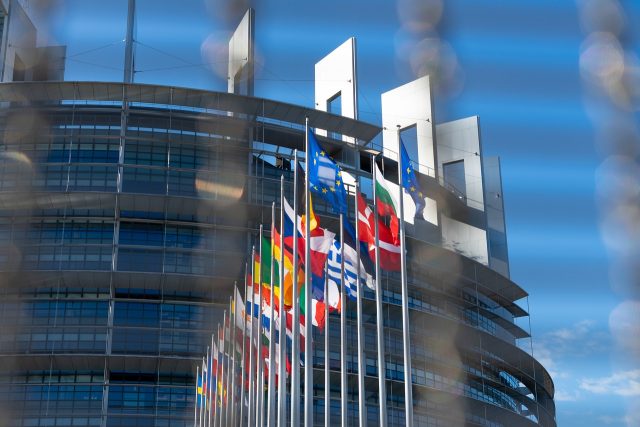
In Addition to Italy, other Countries such as Poland, Austria, Finland, Belgium, the Netherlands and Sweden Voted Against the new European Rules for the Restoration of Nature while Twenty-one States Declared Themselves in Favour.
The EU Energy Affairs Council, meeting in Luxembourg, adopted by qualified majority the general approach on the regulation for the restoration of ecosystems, the Nature Restoration Law. Member States are ready to negotiate with the European Parliament once MEPs have reached a common position. Italy, Poland, Belgium, the Netherlands, Austria, Finland and Sweden voted against. There were 21 countries in favour.
The main objectives of the Nature Restoration Law are related to the protection of nature by safeguarding the cleanliness of the air and water that characterize it, encouraging pollination, flood protection and limiting global warming below the +1,5°C established by the Paris Agreements. The European Union also intends to strengthen Europe’s resilience and strategic autonomy by preventing natural disasters and reducing the risks to food security due to globalisation.
WWF Italy defines the new regulation as “a step forward” albeit with some reservations. Already last week, the Nature Restoration Law avoided the risk of blockage by the Environment Commission of the Euro Parliament and, subsequently, the Member States demonstrated to the parliamentary opposition groups that there is the will and the need to take concrete and fast actions to restore the nature in Europe. Similar decisions on the environment become fundamental considering the commitments signed for the Global Strategy on Biodiversity and the climate objectives imposed by the Green Deal, considering that the EU risks not being able to achieve them without a law that helps in this enterprise.
Italy is one of the countries with the highest biodiversity in all of Europe and since the entry into force of the Nature Restoration Law, the Italian Government has been aware of the inevitable positive effects that the regulation may have on the country’s nature and environment and even for the whole economy but, the legitimate perplexities expressed are linked to a precise political-ideological choice that seeks greater clarity in the systems used to activate the new laws. However, Italy is doing its utmost in the formative discussion relating to the text in question so that, in compliance with the innovative scope of the regulation, it can be effective and implementable, guaranteeing the necessary flexibility to all Member States. According to the Italian insiders, among other things, greater clarity will have to be shown, as soon as possible, in relation to the derogations on renewable energies, on the objectives of repopulating the avifauna and on the issue of financial resources.
According to Lipu, one of the 28 environmental associations that participate, the new regulation will allow a massive intervention on the nature of the continent and especially on threatened and suffering habitats such as wetlands, grasslands, rivers, lakes, agricultural environments and the sea allowing a naturalistic restoration work that had never been planned before and which could really change the course of the history of environmental conservation, for Europe and for the whole world.
The approved text, according to WWF Italy, is slightly weakened compared to the original structure and it will be the task of the Spanish presidency, from 1 July 2023, to act as the spokesman for ambitious objectives for the Nature Restoration Law, working on the position adopted today and avoiding further weakening in subsequent steps. The Italian MEPs, called to vote on the law in the second half of July, on the basis of the desired acceptance of the legitimate requests of the Italian Government, will probably be able to take a different position from the one expressed in the last consultation, in line with the European and with the environmental history of Italy.
Alessandro Fiorentino



 Subscribe
Subscribe